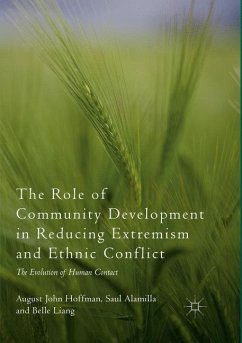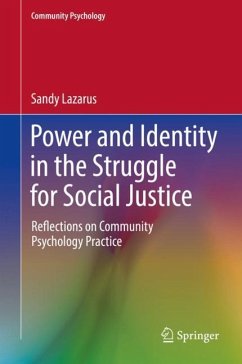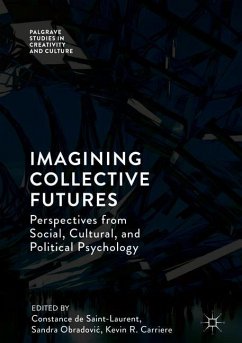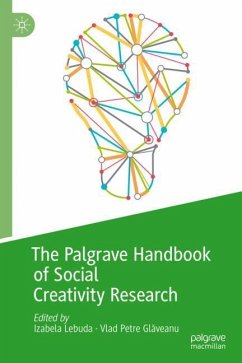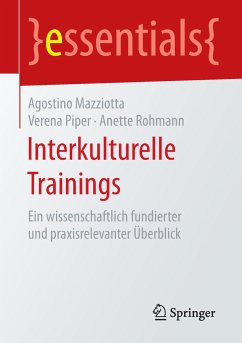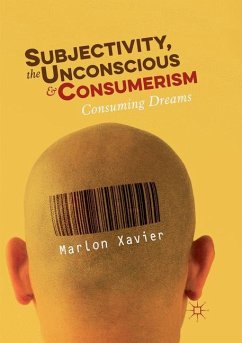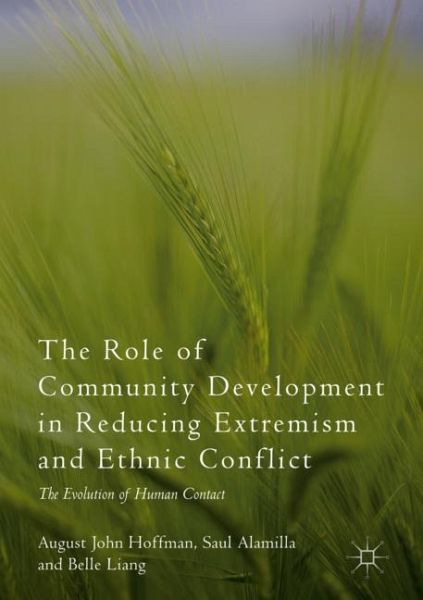
The Role of Community Development in Reducing Extremism and Ethnic Conflict
The Evolution of Human Contact
Versandkostenfrei!
Versandfertig in 6-10 Tagen
68,99 €
inkl. MwSt.
Weitere Ausgaben:

PAYBACK Punkte
34 °P sammeln!
The purpose of this text is to provide the reader with a comprehensive understanding of the nature of violence, aggression, extremism, and ethnic hate crimes in the US, and to explicate how community development, stewardship, and service may be implemented to address and reduce these problems. When individuals of diverse backgrounds are provided with engagement, interaction, and community-building stewardship programs, negative ethnic stereotypes are debunked, conflict is reduced, and individuals are more likely to communicate and build a more resilient and empowered community. Recent politica...
The purpose of this text is to provide the reader with a comprehensive understanding of the nature of violence, aggression, extremism, and ethnic hate crimes in the US, and to explicate how community development, stewardship, and service may be implemented to address and reduce these problems. When individuals of diverse backgrounds are provided with engagement, interaction, and community-building stewardship programs, negative ethnic stereotypes are debunked, conflict is reduced, and individuals are more likely to communicate and build a more resilient and empowered community. Recent political and administrative policies have created a very tense environment among cities within the US, especially within communities that have larger populations of immigrant refugees and persons of varied ethnicities. This book aims to ameliorate some of that tension.





